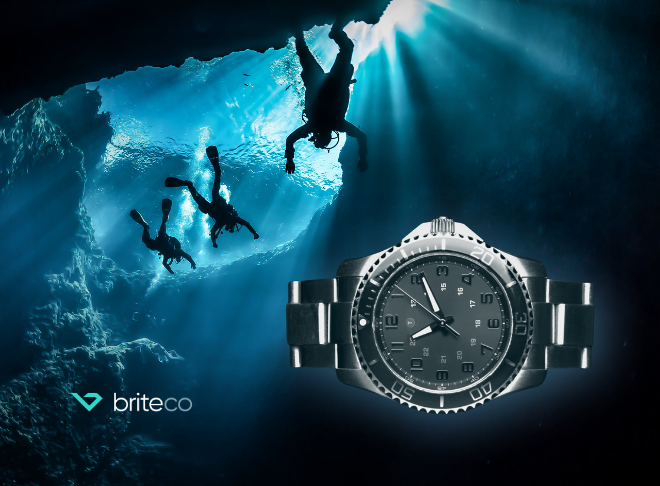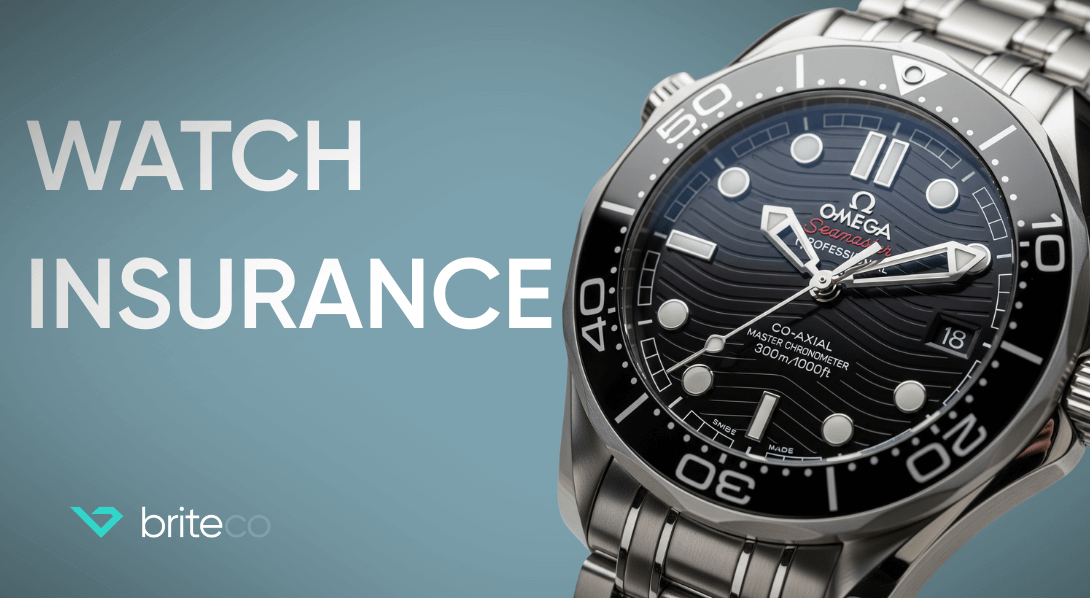Top Types of Watches to Know and Love
If you’ve been a casual watch wearer for years, you don’t think twice about attaching your automatic watch before going to work. Or, maybe you have never really worn digital watches but have fallen in love with the convenience of smartwatches and all their nifty features, from showing you your text messages to tracking your heart rate and sleeping patterns.
Whatever types of watch you wear regularly — unless you’re a horophile, particularly interested in everything related to the art of timekeeping — or an avid collector of luxury watches, you probably aren’t that familiar with the different types of watches.
It turns out there are way more varieties than just your typical smartwatch, like dress watches and old-timey pocket watches. Here’s what you need to know.
What You Will Learn
- Watch Types: Mechanical Watches vs. Automatic Watches vs. Quartz Watches vs. Solar Watches
- Watches Types: Analogue Watches vs. Chronograph Watches vs. Digital Watches vs. Hybrid Watches
- Different Watch Types Based on Intended Use
- What Different Types of Watch are Best?
- Types of Watches FAQs
- No Matter Your Preference for Watch Types, Watches Need Protection
Watch Types: Mechanical Watches vs. Automatic Watches vs. Quartz Watches vs. Solar Watches
Watches can be categorized in various ways, but one of the most straightforward methods is by movement.
Watch movements refer to the internal workings of a watch that simply make the watch go. Also called a caliber, think of the movement like an engine.
There are a few different types of watch movements.
- Mechanical movements
Mechanical movements are an old-fashioned classic. The watch doesn’t have a battery, so it requires hand-winding to keep it running. - Quartz movements
This watch movement contains a quartz crystal and a battery and uses electricity to run. While a quartz watch doesn’t have the same classic prestige as a mechanical watch, a quartz movement is more affordable overall. - Automatic movements
An automatic movement doesn’t require a battery and also doesn’t require winding. Instead, it uses the energy you produce by moving your hand — and thus the watch — to keep it running. - Solar movements
This watch type runs off any available light source. Just like a solar light in your garden, it captures light from whatever source is around and then runs off that energy.
Watches Types: Analogue Watches vs. Chronograph Watches vs. Digital Watches vs. Hybrid Watches
Beyond categorizing watches by their movements, you can also categorize by looking at the watch features.
- Analog watch styles
An analog watch features the typical watch face, with hour, minute, and second hands, plus possibly a tiny window in the face to display the date. - Chronograph watch styles
These watches offer more features or complications. Watch complications refer to any extra features a watch possesses beyond telling the time. For example, some chronograph watches can serve as stopwatches or give you information such as the moon’s phase
- Digital watch styles
A digital watch doesn’t feature a traditional watch face and, instead, just gives you the time as numerical digits on a digital display. It can also give you other information, such as the data you might get from smartwatches or sports watches. - Hybrid watch styles
These watches blend the best features of analog and digital watches.
Different Watch Types Based on Intended Use
Different types of watches can be further grouped by their intended use.
For example, there are:
- Diving watches
- Aviator watches
- Fashion watches
- Field watches
- Fitness watches
- Military watches
- Racing watches
You’ll notice different features and functionalities depending on the type of watch you pick from the above list. For example, a dive watch is more water resistant than a mere fashion accessory; dive watches have a water resistance rating of up to 100 meters. Meanwhile, today’s military and aviator watches still retain features and functions that first appeared during World War I and World War II, before which the pocket watch was still highly in vogue.
What Different Types of Watch are Best?
But what are the types of watches that are best for you? It’ll all depend on a few factors.
Lifestyle
A crucial factor to consider is lifestyle. When comparing watches of different types, watch for suitability; some styles are better for certain lifestyles than others. Not everyone is one of the watch enthusiasts who might keep the bulk of their watch collection safely tucked away in a nice watch box.
So, ask yourself: Do you have the patience and attention to detail necessary to ensure your watch is manually wound regularly? If not, a mechanical watch movement might not be for you.
Likewise, do you want to wear your watch at the office or on special occasions? Or do you plan to wear it while hiking, boating, diving, or staying active? You need a watch that can withstand that sort of lifestyle. You don’t want a dainty fashion watch whose bezel will end up dinged, nicked, and scratched after the first wear.
Features and Functionality
Then, what features do you want in a watch? Do you want a watch with many complications that can tell time and display a calendar, stopwatch function, multi-time zones, moon phases, an alarm, and more? Look for a watch that offers those features and functions.
These brief and basic complications scratch the very surface of what a complicated watch can do.
Types of Watches FAQs
How are watches categorized?
Watches can be categorized by movement (e.g., mechanical movement, quartz movement, etc.), function, features, and intended use.
What is a watch movement?
A watch’s movement refers to its mechanical operations and what powers it. Some watches require hand winding, while others run off quartz and battery for power.
What is a watch complication?
A watch complication is a feature that isn’t solely for telling time. More basic watches might include complications for displaying the date or day, but more expensive watches may feature unique and complex complications.
What type of watch is best for a beginner?
If you’re shopping for a basic, everyday watch, a standard quartz or automatic analog watch is a good choice.
What type of watch is most expensive?
A watch will become more expensive when there are more complications or features a watch performs.
No Matter Your Preference for Watch Types, Watches Need Protection
No matter what type of watch you buy, ensure it has protection with luxury watch insurance. If your watch is ever damaged or lost, BriteCo’s comprehensive coverage can help. Learn more about how watch insurance works and get a free quote now.
Related Articles:
How to Clean A Stainless Steel Watch?
Is a Watch Considered Jewelry?
The Best Investment Watches for Collectors
Do Omega Watches Hold Their Value?
How to Tell if a Rolex Is Real
Expert Tips on How to Store a Watch!
What Are ETA Movements?
The Best Way to Get Audemars Piguet Insurance














